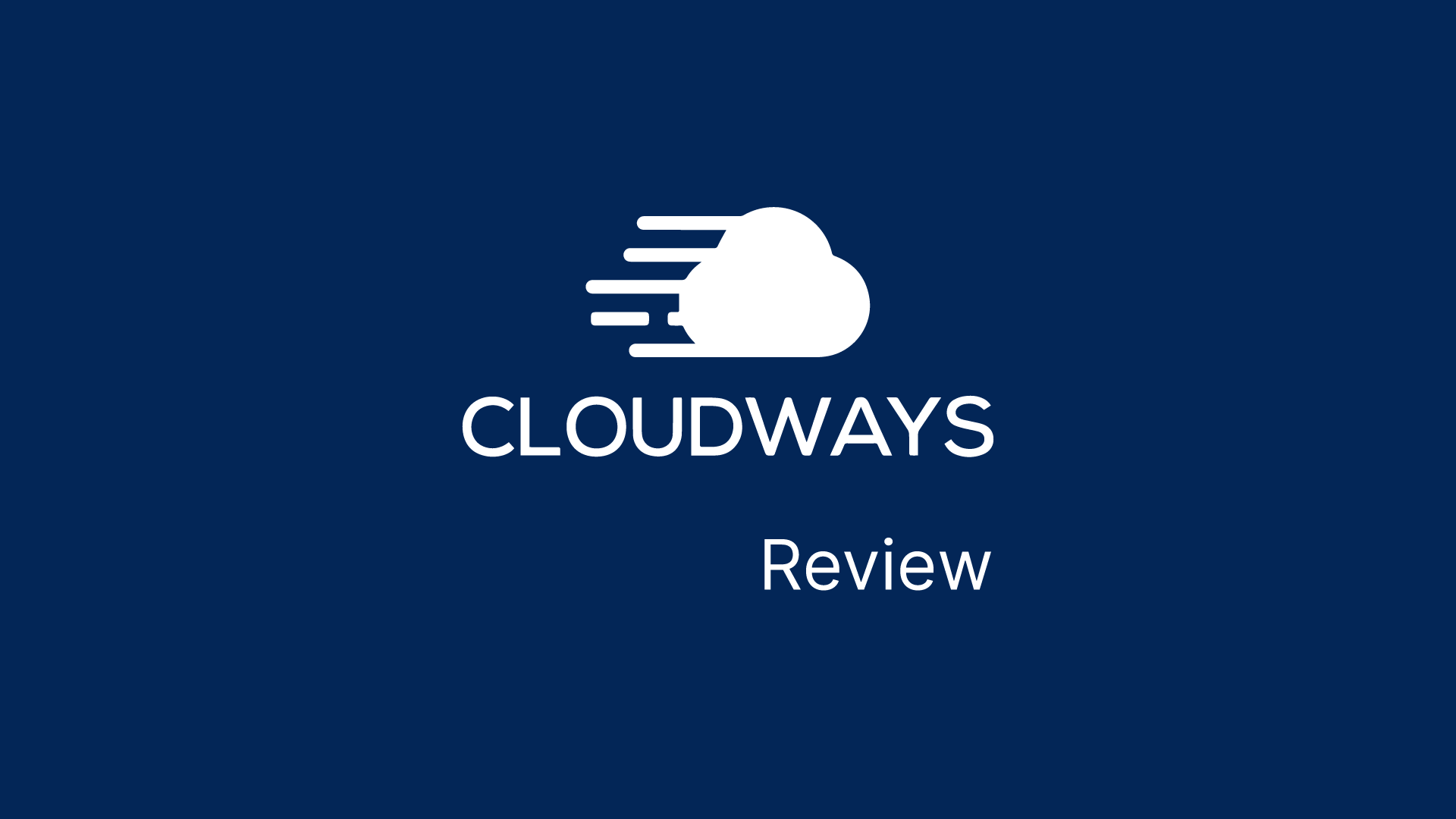The 5-Minute Guide to Web Hosting: Everything a Beginner Needs to Know
Your Digital Landlord: Making Sense of Web Hosting
Think of web hosting as renting a piece of property on the internet. Your website is made of files—code, images, text, videos—just like a physical store is made of bricks, shelves, and products. For people to visit your store, it needs a physical location. Similarly, for people to visit your website, its files need a place to live that is connected to the internet 24/7. That place is a powerful computer called a server, and web hosting is the service of renting space on that server.
This guide will demystify the essentials, breaking down complex terms into simple concepts. By the end, you'll understand what hosting is, why you absolutely need it, and how to choose the right foundation for your online business or project.
The Core Components: Decoding the Jargon
When you start exploring hosting, you'll encounter a few key terms repeatedly. Understanding them is the first step to making an informed decision. Let's break them down with a simple analogy: building a new retail business.
- Domain Name: This is your store's street address (e.g.,
www.yourcoolbusiness.com). It’s a unique, memorable name that people type into their browser to find you. You typically purchase and register a domain name separately from hosting, though many providers offer a free domain for the first year when you sign up. - Server: This is the physical plot of land and the building where you store your products. In the digital world, a server is a high-performance computer that stores all your website's files and 'serves' them to visitors upon request. When someone types your domain name into their browser, the browser sends a request to your server, which then delivers the website files to be displayed.
- Bandwidth & Traffic: This is the width of the road leading to your store and the number of customers that can travel on it at once. Bandwidth is the amount of data that can be transferred between your site and your visitors over a certain period. If you have a high-traffic event (like a Black Friday sale), you need enough bandwidth to handle all the visitors without creating a 'traffic jam,' which slows down your site. Poor bandwidth leads to slow load times and a bad user experience, directly impacting your site speed.
Types of Web Hosting: Finding Your Perfect Fit
Not all hosting is created equal. The type you choose depends on your budget, technical expertise, and the size and needs of your website. Think of it as choosing between renting an apartment, a condo, or a standalone house.
The Analogy: Renting a room in a large apartment building.
You share a single server—and all its resources like CPU power, RAM, and disk space—with hundreds or even thousands of other websites. It's the most affordable hosting option on the market, making it the go-to choice for beginners, personal blogs, and small businesses just starting out.
- Pros: Extremely cost-effective, easy for beginners (no technical management required), most providers include a one-click installer for platforms like WordPress.
- Cons: Resources are shared, so a traffic spike on a neighboring site can slow yours down (the 'noisy neighbor' effect). Less security and limited customization options.
- Best for: New websites, blogs, and small business brochure sites with low to moderate traffic.
2. VPS (Virtual Private Server) Hosting
The Analogy: Owning a condo in a larger complex.
A VPS still shares a physical server with other users, but it uses virtualization technology to partition the server into several *private* virtual servers. This means you get a dedicated, guaranteed slice of the server's resources. You have your own 'walls' and aren't affected by your neighbors.
- Pros: More power and flexibility than shared hosting, better performance and security, scalable (you can easily add more resources as you grow), more control over your server environment.
- Cons: More expensive than shared hosting, requires more technical knowledge to manage (though 'Managed VPS' options exist).
- Best for: Growing businesses, e-commerce stores, and websites that have outgrown the limitations of shared hosting. This is often considered the best hosting for small business owners who need reliable performance.
3. Dedicated Server Hosting
The Analogy: Owning your own private house and land.
You rent an entire physical server exclusively for your website. All of its resources are yours alone. This provides the ultimate in performance, security, and control. You can configure the server exactly to your specifications.
- Pros: Maximum performance and reliability, full control over server configuration (root access), enhanced security.
- Cons: Very expensive, requires advanced technical expertise to manage, install software, and handle security.
- Best for: High-traffic enterprise-level websites, large e-commerce stores, and applications with demanding resource needs.
4. Managed WordPress Hosting
The Analogy: A luxury, full-service apartment with a concierge.
This is a specialized hosting solution designed specifically for WordPress websites. The hosting provider handles all the technical heavy lifting: security updates, daily backups, WordPress core updates, and performance optimization. This ensures you get fast website hosting without needing to be a server expert.
- Pros: Blazing-fast speeds, top-tier security, automatic updates and backups, expert support from WordPress specialists.
- Cons: Can be more expensive than other options, typically limits you to only running WordPress sites.
- Best for: Anyone serious about their WordPress site—from bloggers to businesses—who values performance and wants a hands-off, hassle-free experience.
Essential Features to Look for in a Hosting Provider
When comparing providers, don't just look at the price. Here’s a checklist of crucial features that contribute to a healthy, fast, and secure website:
- Uptime Guarantee: Look for a provider that guarantees at least 99.9% uptime. Downtime means lost visitors and potential revenue.
- Speed & Performance Hardware: Check for modern hardware like SSDs (Solid State Drives), which are significantly faster than traditional HDDs. Also, look for features like a CDN (Content Delivery Network) to improve global load times.
- 24/7 Customer Support: When your site goes down at 2 AM, you need immediate help. Prioritize providers with a strong reputation for responsive and knowledgeable support via live chat, phone, or tickets.
- Security Features: A free SSL certificate is non-negotiable today (it enables HTTPS). Other valuable features include firewalls, malware scanning, and DDoS protection.
- Scalability: Your hosting should grow with you. Ensure the provider makes it easy to upgrade your plan from Shared to VPS or beyond as your traffic increases.
- Backups: Automatic, regular backups are a lifesaver. Check how often the provider creates backups and how easy it is to restore your site if something goes wrong.
- Transparent Pricing: Be aware of low introductory rates that skyrocket upon renewal. Look for a provider with clear and fair pricing for the long term.
Putting It All Together
Choosing a web host is one of the most critical decisions you'll make for your online presence. It's the foundation upon which your website is built. A slow, unreliable host can sabotage your SEO efforts, frustrate your visitors, and damage your brand's reputation. Conversely, a great host provides a fast, secure, and seamless experience that helps you grow.
For most beginners, starting with a reputable shared hosting plan from a provider like Bluehost or Hostinger is a safe and affordable bet. As your site grows, you can easily upgrade to a VPS plan from a provider known for performance, like SiteGround or A2 Hosting. And if you're all-in on WordPress and want the best possible performance without the technical headaches, a managed host like WP Engine or Kinsta is the gold standard.
Ready to Launch?
Now that you're armed with the basics, the world of web hosting should feel much less intimidating. The right host is out there waiting to be the home for your website.
What's the biggest question you still have about web hosting? Drop it in the comments below! And if you found this guide helpful, please share it with another aspiring website owner.
















